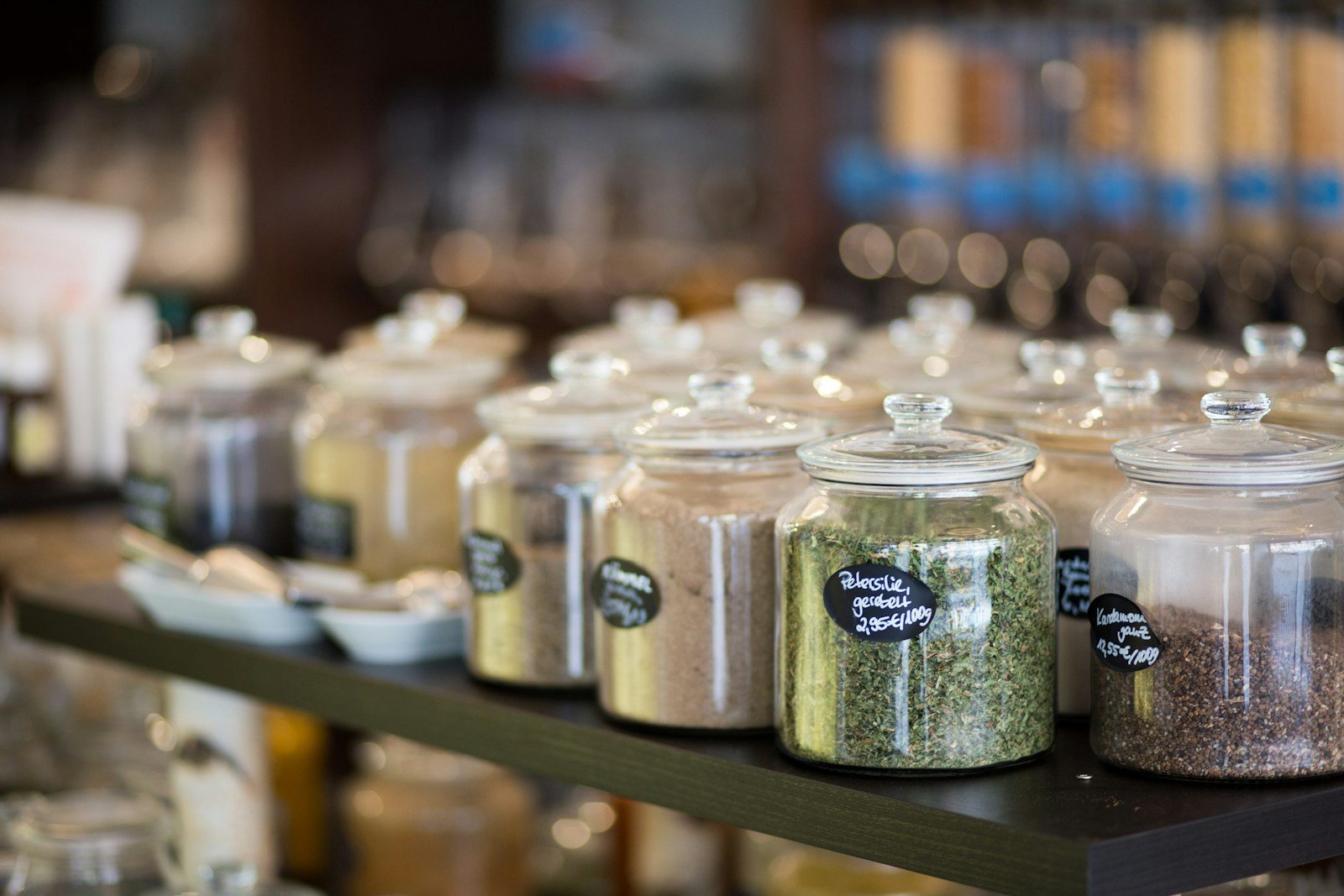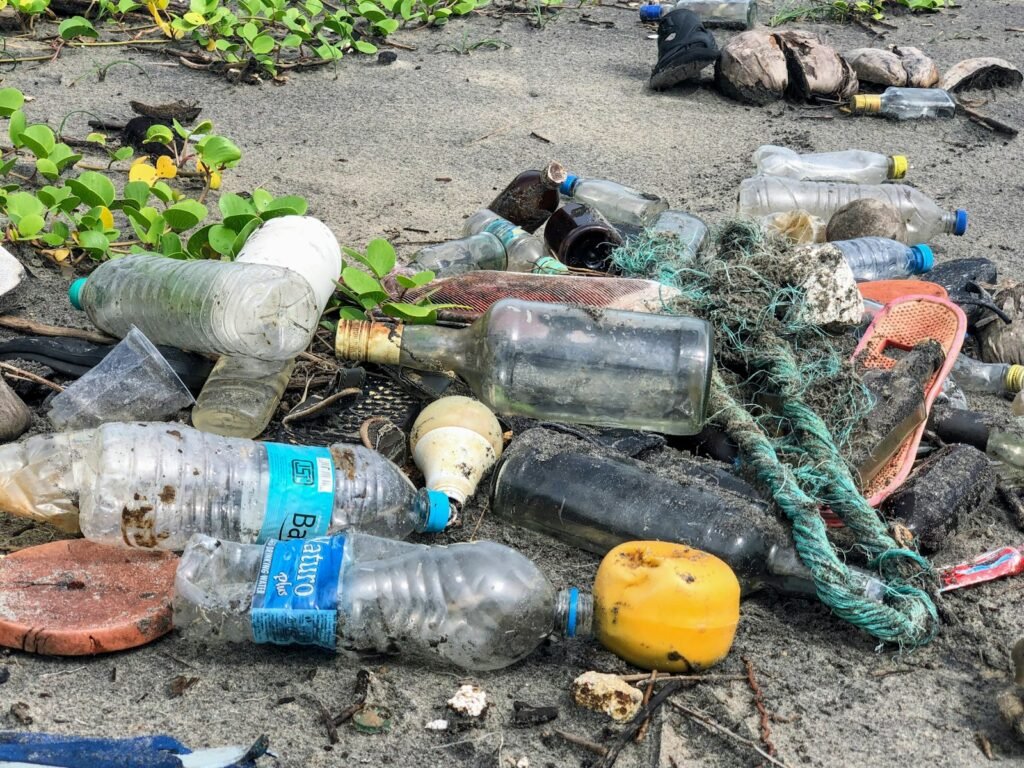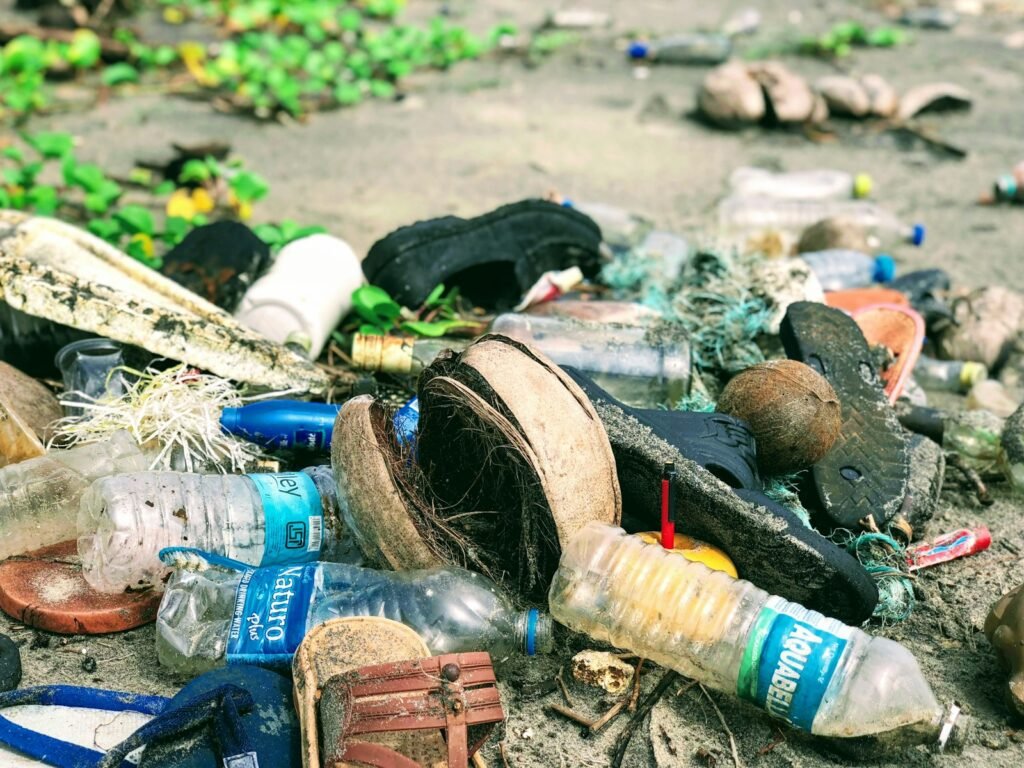A zero-waste lifestyle is about minimizing your environmental impact by reducing, reusing, and recycling as much as possible. It goes beyond just recycling—it’s a holistic approach to living that aims to eliminate waste entirely.

At its core, this lifestyle embraces the five R’s: refuse, reduce, reuse, recycle, and rot (compost). By following these principles, individuals can significantly cut down on the amount of waste they produce, ultimately helping to protect natural resources and ecosystems.
It’s not about perfection. Zero-waste is a journey that encourages conscious choices and gradual changes over time. It’s about making more sustainable decisions in daily life—whether it’s choosing reusable shopping bags or opting for products with minimal packaging.
Benefits for the Planet
Reduction of Landfill Waste
Landfills are one of the most significant sources of pollution and greenhouse gas emissions, particularly methane, a potent contributor to climate change. When waste decomposes in landfills under anaerobic conditions (without oxygen), it releases methane into the atmosphere—over 25 times more harmful than carbon dioxide over a 100-year period.
By reducing the amount of waste we produce and sending less to landfills, we can help mitigate these effects. Choosing to reuse or recycle items instead of discarding them significantly reduces the environmental burden placed on landfills.
Conservation of Natural Resources
Every time we buy a product made from new materials, it contributes to the depletion of natural resources—whether it’s water used in textile production or forests cut down for paper products. By embracing a zero-waste lifestyle and reusing items where possible, we can reduce the demand for these finite resources.
Choosing durable, long-lasting goods over single-use alternatives helps conserve energy and raw materials that would otherwise be used to manufacture new products. This conservation effort not only benefits the environment but also ensures these resources are available for future generations.
Lower Carbon Footprint
The manufacturing process of many consumer goods requires significant amounts of energy, water, and other resources. Transporting these items across the globe further increases their carbon footprint. In contrast, reusing or repairing items instead of replacing them reduces the need for new production, leading to a lower overall environmental impact.
Adopting practices such as buying second-hand, supporting local businesses, and choosing products with low environmental impact all contribute to reducing your personal carbon footprint and helping combat climate change.
Protection of Ecosystems and Wildlife
Plastic waste and other types of pollution have devastating effects on ecosystems and wildlife. Marine animals often mistake plastic for food, leading to injury or death. Similarly, landfills and improper disposal can contaminate soil and water sources, threatening biodiversity.
By reducing the use of single-use plastics and properly disposing of waste, we can help protect ecosystems from harmful pollutants. Supporting zero-waste initiatives also helps preserve natural habitats that are under threat due to overconsumption and waste mismanagement.
Benefits for You
Cost Savings Over Time
One of the most practical benefits of a zero-waste lifestyle is financial savings. While making the switch may require an initial investment in reusable items like bottles, containers, or bags, these products often last longer and reduce the need for frequent purchases.
Buying in bulk, choosing second-hand goods, and avoiding unnecessary packaging can significantly lower your monthly expenses. Over time, small changes add up, leading to substantial savings that can be redirected toward other areas of life.
Improved Health
Reducing exposure to harmful chemicals found in many disposable products is another major benefit. Many single-use plastics contain endocrine disruptors, while certain cleaning and personal care products may include toxic ingredients that are absorbed through the skin or ingested indirectly.
By choosing natural, homemade alternatives and avoiding mass-produced goods with questionable safety standards, you can improve your overall health and well-being. A zero-waste lifestyle encourages cleaner living spaces and a more mindful approach to what goes into your body.
Increased Mindfulness and Simplicity
A zero-waste lifestyle often leads to greater mindfulness in daily choices. When you start paying attention to where your products come from, how they are made, and how long they last, it can lead to a more intentional way of living.
This shift in mindset helps reduce clutter and stress by focusing on what truly matters. It fosters gratitude for the things we have and encourages a simpler, more balanced life that aligns with personal values.
Empowerment and Community Building
Living a zero-waste lifestyle is not only empowering—it also brings people together. Participating in local clean-up events, joining zero-waste groups, or attending workshops can be a great way to meet like-minded individuals who share your goals.
This sense of community fosters support, learning, and collaboration. It’s a powerful reminder that even small individual actions contribute to larger environmental changes when done collectively.
How to Start Your Zero-Waste Journey
Taking the first step toward a zero-waste lifestyle doesn’t have to be overwhelming. Small, consistent efforts can lead to meaningful change over time. Here are some practical ways to begin:
- Use Reusable Items: Start by replacing single-use items with reusable alternatives such as water bottles, shopping bags, and food containers.
- Buy in Bulk: Purchase staple goods like grains, nuts, and spices from bulk bins using your own containers to reduce packaging waste.
- Choose Second-Hand Goods: Opt for second-hand clothing, furniture, and electronics to extend the life of products and reduce demand for new ones.
Additionally, support eco-conscious brands that prioritize sustainability in their manufacturing processes. These companies often use biodegradable materials or ethical labor practices, aligning with zero-waste values.
Challenges and Solutions
Adopting a zero-waste lifestyle may come with its own set of challenges. One common obstacle is the initial effort required to change habits and find sustainable alternatives. It can be difficult in the beginning, especially if your local area has limited access to bulk stores or second-hand shops.
Another challenge is the perception that living zero-waste means sacrificing convenience or comfort. However, with a bit of planning and patience, it’s entirely possible to enjoy a convenient, fulfilling life while minimizing waste.
It’s also important to remember that perfection is not required. Progress—no matter how small—is what truly matters when making sustainable lifestyle changes. Start where you are, and gradually build habits that align with your values.







